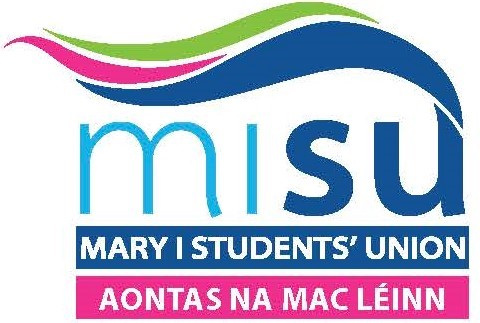Writing a CV when you are a student can seem overwhelming, especially if you feel that you don’t have much work experience. Don’t despair though, we have compiled seven tips to help you get the most out of your CV.
Use the proper format and structure
It may sound simple, but it is really important to use the correct format and structure, this gives your CV a professional look. A CV should include your contact information, education history, work experience and your skills. You can also include your referees if you wish, though many people now choose to provide references at interview stage. It is also really important that your CV is easy to read. Use a simple and clear font, sans-serif fonts such as Helvetica, Arial and Geneva work best for legibility, especially if keep at between 10 -12 points size.
Study the position and employer
Researching the position and employer will allow you to tailor your CV to best suit the position. While it is a good idea to have a standard CV to draw from, your CV is not a one size fits all document. You will need to tailor your CV for each position you apply for, especially if you are starting a career path in a multi discipline area. Study similar job descriptions to the position you are applying for. This will give you an indication of the skills the employer will want to see on your CV. Researching the position and the employer will also benefit you if you are invited for an interview.
Open with a personal statement or objective
A personal statement is a great way to begin your CV, especially as a student. A personal statement is a two to three sentence summary of who you are, your qualifications, experience, and what you will bring to the position and employer. As a student this is an excellent way to highlight your relevant skills, any voluntary work or placements you may have completed, and coursework that makes you the ideal candidate for the position.
Expand on your education
As a student, you may not have extensive work experience to add to your CV. However, you will have extensive educational experience, and by expanding on your education you can give employers an insight into your personality and skills. Through group project work you will have experienced teamwork, individual assignments will have taught you research and time management skills as well as motivation, working on your own initiative and meeting deadlines.
Think about your educational experience, what you have learned from it and what skills you have developed from your learning. List your education experience in reverse chronical order, starting with what you are currently studying or have most recently completed. Don’t forget to include any qualifications you may have earned from your studies.
Create your work experience
Now that you have expanded on your education, it is time to create your work experience. Remember your work experience does not have to come from paid positions. You can include volunteer work, work placements, internships and team activities. If you are a committee member of a Club or Society, captain of a sports team, a volunteer or have completed work placement with a company or organisation, you should include this. It is all experience and will have taught you skills that are well worth putting on your CV.
Similarly, don’t be afraid to include any part time jobs you may have or have had on your CV, while they may not be relevant to the position you are applying for, the skills and experience you have gained from these positions may be relevant. Start with your most recent role, and highlight the skills and experience for each role.
Skills
In this section you can list all of your skills that are relevant to the position. For example, you may have gained leadership skills from your involvement with a Club or Society. Make sure that you are only including skills and accomplishments you have gained, as you may be asked to demonstrate them should you be called for an interview. You can also include any hobbies or interests you may have, and the skills you have learned from them.
Proofread and edit your CV
It is really important to proofread and edit your CV before sending it out. Check for typos, spelling mistakes and grammatical errors. You might also consider having a friend or a family member read through your CV and offer feedback.
Don’t forget you can also avail of the Mary I Careers Service. The Careers Services provides the following services*:
- Group careers information seminars
- One-to-one confidential careers advice
- Assistance with postgraduate study applications
- Assistance with employment applications
For further information contact the Careers Service Manager, Maeve Sullivan, at This email address is being protected from spambots. You need JavaScript enabled to view it.
*Please note that not all services provided may be available during Covid-19 restrictions.
